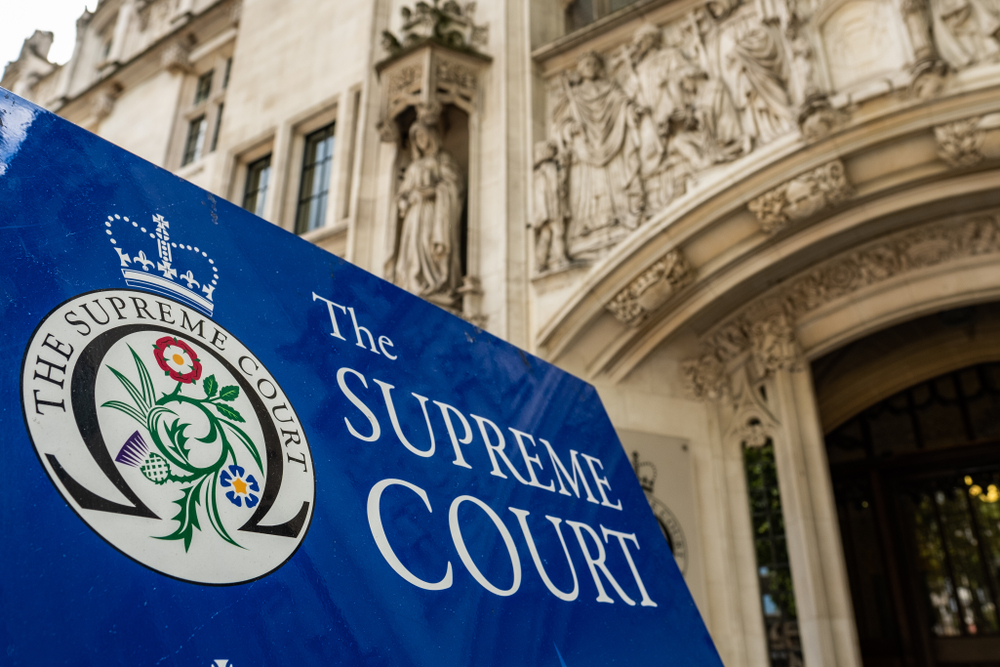London has perennially been known as the ‘divorce capital of the world’. Sophie Chapman, Partner, at Stewarts, recently spoke to Tatler and offered her view on why London still rules the divorce world.
Is London still the ‘divorce capital’?
London is and always has been, where it is at. Much is said about ‘forum-shopping’ (the concept of shopping around different jurisdictions to find the ‘right place’ to divorce) but in reality, if seeking fairness, then London is your one-stop shop.
Sophie comments: ‘Forget Paris, Milan, New York – London has the expertise, both inside and outside the judiciary, to resolve complex, international disputes.’ This was true, even before the recent judgement of Potanin v Potanina. As Sophie notes, ‘What’s changed is that many of these cases can now be settled without setting foot in court or attracting publicity, which makes it even more appealing.’ This keeps you within an English framework of outcomes but it’s like adopting a Formula One approach (faster, quicker and more agile).
Ben Connor, Associate, recently wrote in detail about arbitration in family law and whether it is right for you, which can be read here.
Are English courts as generous as they used to be?
Lifetime maintenance is no longer a given in English divorce, reflecting a shift in what courts consider fair. Thirty years ago, fairness often meant long-term financial support, especially when fewer women were in the workforce. This is different to what is fair now when many women have careers and earning capacity they wish to preserve, even after the end of a marriage.
However, as Sophie notes, for women who have more traditional marriages, ‘the court now looks to create a transition to independence without undue hardship.’ It ‘doesn’t rip that framework up but guides them towards self-sufficiency where possible.’
Ultimately, fairness is the cornerstone of English divorce law.
How do courts treat pre-marital wealth and trusts now?
Those who are not familiar with the law consider it to be common-sense that pre-marital wealth or generational wealth that has been carved out into trust for multiple generations to come should not be shared with a spouse on divorce. However, it is not always that straightforward.
Sophie explains: ‘In the Supreme Court case of Standish, the court confirmed that non-matrimonial property should not be shared unless needed to meet one spouse’s needs. But ‘needs’ are fluid. One person’s needs might include a country house or holiday home; another’s might not.’
The case of Standish also clarified how non-matrimonial property can morph into matrimonial property that is capable of being shared. However, even if this happens, it may not be shared equally. As Sophie states, ‘it’s not a slam dunk, discretion still rules.’ That can be unnerving for clients craving certainty and partly why having a lawyer who can understand and navigate this world is likely to be very reassuring for clients.
You can read more about Stewarts recent Supreme Court win, as it upheld the Court of Appeal’s largest ever reduction of a divorce award to date in Standish v Standish here.
Long live London’s reputation reign
Despite recent reforms such as the introduction of ‘no-fault divorce’ and pressures such as Brexit reshaping the landscape, London’s reputation as the ‘divorce capital of the world’ continues to reign. Overall, England remains a popular destination for international disputes due the court’s willingness to deal with assets worldwide coupled with the power an English order wields when it needs to be enforced overseas.
To read Tatler’s full piece, including Sophie’s comments, click here.
You can find further information regarding our expertise, experience and team on our Divorce and Family page.
If you require assistance from our team, please contact us or alternatively request a call back from one of our lawyers by submitting this form.
Subscribe – In order to receive our news straight to your inbox, subscribe here. Our newsletters are sent no more than once a month.






